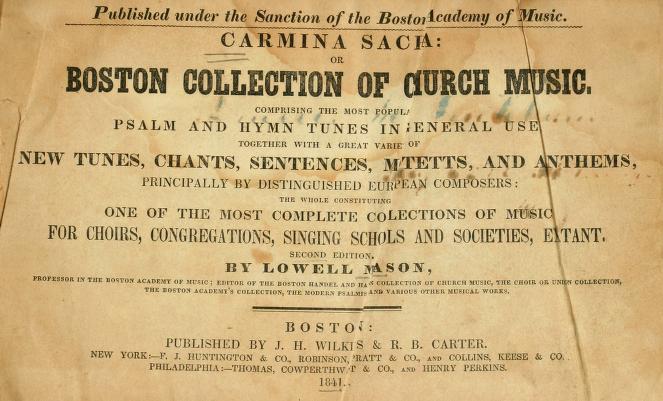Now he was teaching in one of the synagogues on the sabbath. And there was a woman who had had a spirit of infirmity for eighteen years; she was bent over and could not fully straighten herself. And when Jesus saw her, he called her and said to her, “Woman, you are freed from your infirmity.” And he laid his hands upon her, and immediately she was made straight, and she praised God.
But the ruler of the synagogue, indignant because Jesus had healed on the sabbath, said to the people, “There are six days on which work ought to be done; come on those days and be healed, and not on the sabbath day.” Then the Lord answered him, “You hypocrites! Does not each of you on the sabbath untie his ox or his ass from the manger, and lead it away to water it? And ought not this woman, a daughter of Abraham whom Satan bound for eighteen years, be loosed from this bond on the sabbath day?” As he said this, all his adversaries were put to shame; and all the people rejoiced at all the glorious things that were done by him. Luke 13:10-17
We know that the sabbath was made for man, not man for the sabbath (Mark 2: 23-28). We recognize the metaphor of the animal which is bound to service and the woman whom Satan bound to infirmity. We see that Jesus wins the theological argument and “all his adversaries were put to shame; and all the people rejoiced.” But if I may add one more observation: how interesting that the ruler of the synagogue accosts the people with his indignation and not Jesus.
“There are six days on which work ought to be done; come on those days and be healed, and not on the sabbath day.”
It’s a power play: chastising those who are lower down in the religious hierarchy; scolding people who are suffering and less likely to protest. He doesn’t tell Jesus to stop healing people, he tells the people to stop asking for healing. “Can’t we have one day a week without you people clamoring for relief!”
The sabbath is supposed to be a day for joy and freedom from work. Perhaps the ruler felt that having all those sick people around dampened the mood. Maybe he only cared about his sabbath and no one else’s. But on that day, Jesus gave the people an occasion to rejoice and praise God, and also gave them a sabbath to remember. Thanks be to God.


